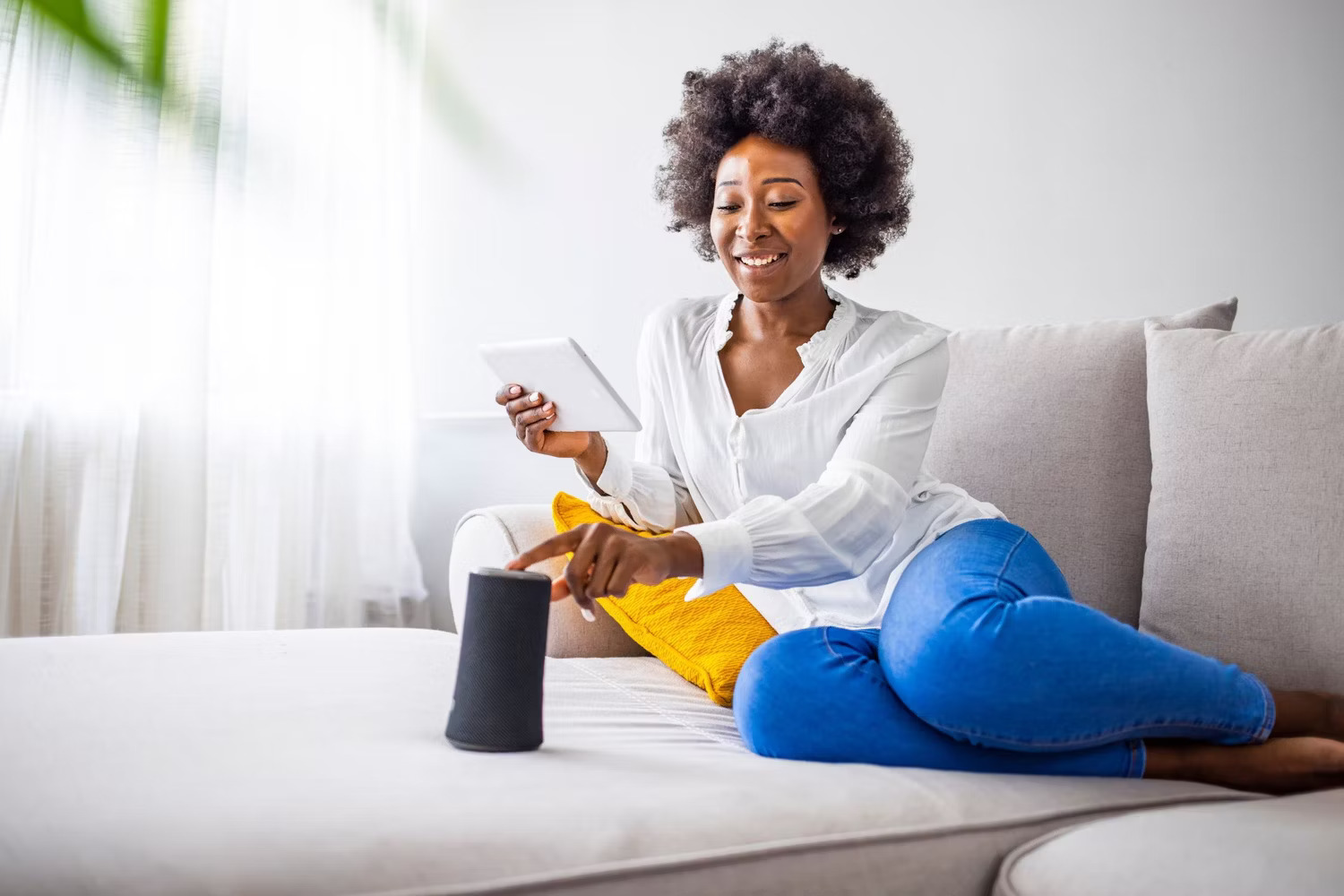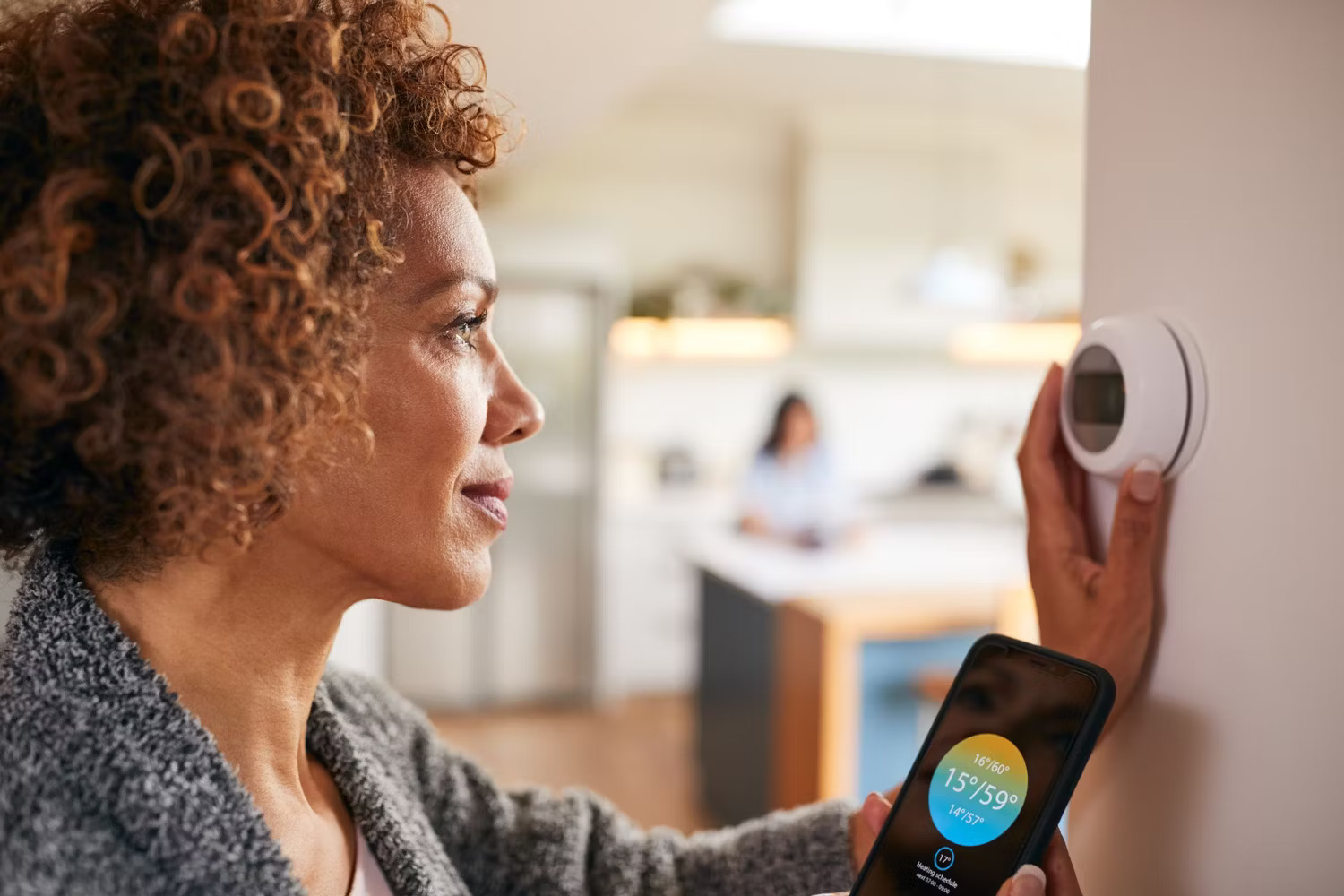How to avoid the biggest limitations of smart homes
Smart home technology is constantly improving and today, it has become the best technology ever. But if you're just starting out with a home automation system, it's easy to run into obstacles. Here are the smart home risks you need to know and how you can avoid them.
1. Stick to a smart home ecosystem

One of the biggest challenges you can face when automating your home is that there are no clear technical standards or platforms for smart home technology. This problem has improved as smart home technology has become more popular, but it's still not uncommon for smart devices from different brands to have trouble working together.
That doesn't mean you can't use devices from different brands, but focusing on a smart home ecosystem is the best way to avoid any potential problems and make your home smart. Yours is really smart. Smart devices are meant to solve small everyday inconveniences, and it wouldn't be ideal if they ended up causing more problems.
The three most popular smart home ecosystems are Google Home, Apple Home, and Amazon Alexa. All are great options and have their own pros and cons:
- Apple Home devices are the best choice if you are already a big fan of Apple.
- Amazon Alexa devices provide a good platform and a great variety of devices to choose from.
- Google Home devices offer excellent quality, although the removal of many core Nest features has been controversial.
If you aren't immediately drawn to any ecosystem, that's okay. Smart devices use the new Matter standard to close the gap and provide better compatibility, but the standard is still new so it is not yet widespread among smart devices.
If you decide to purchase devices from several ecosystems, choosing a Matter-compliant device can help avoid compatibility issues.
2. Don't buy too many smart devices

Another important thing to remember when buying a smart device: Keep things simple. Too many smart devices are difficult to manage, reduce benefits, and can slow down home Internet speeds if connections aren't adjusted properly.
Each additional smart device also increases the likelihood that one or more devices will be incompatible with each other. There's no hard limit on how many smart devices you should have, but each new device should be purchased with caution. Ask yourself questions like:
- What problem will this device solve?
- Is this device suitable for daily routine?
- Is there a subscription fee to use this device?
- Is Wi-Fi fast enough for this device?
- Is the brand selling this product reputable?
- Have you wanted this device for a long time or is it just a whim?
Most importantly, consider what your priorities are: Smart refrigerators and smart ovens sound appealing, but are they useful? If you can only buy one device, is it possible to buy smart devices that are worth more money? Quality over quantity is generally best.
3. Lock smart home devices

You may have heard stories about children making online purchases for hundreds or thousands of dollars. Many smart devices have the ability to integrate with shopping platforms like Amazon, so it's not just phones that need to be locked, there need to be measures to escape this risk.
Amazon's smart devices with Alexa, including the Echo Dot and Echo Show, are the most famous for allowing purchases with voice commands - but there are even smart refrigerators capable of assisting with purchases groceries, so be sure to check other appliances as well.
4. Protect your smart home from hackers
Smart refrigerators don't seem like the type of device hackers would target, but the Mirai botnet proved otherwise. Unfortunately, all smart devices are at risk from hackers - and failing to secure your smart devices can put you at risk too. That's why it's important to take steps to protect your smart home from hackers.
Some steps you can take to address these smart home risks include:
- Geolocate devices so hackers can't turn off devices like smart locks while away.
- Use 2FA or passcode with smart home devices.
- Regularly update software and firmware for smart devices.
- Avoid using too many devices, as each device is a new risk.
- Separate smart devices into a separate network from computers.
- Use branded smart devices with better security features.
It's impossible to completely eliminate the risk of being hacked, but taking the right steps to protect yourself will limit your risk of being targeted.
If you need advice on setting up your smart home, do your research and consider posting to a product-focused forum if necessary. Many people have faced similar risks - and they may have gained a lot of expertise from dealing with them.
5. Use smart technology to reduce electricity bills

You're missing out on one of the biggest benefits of smart devices if you're not already using them to make your smart home eco-friendly. Smart lights, thermostats, timers, plugs, and smart appliances can reduce electricity usage on a situation-by-situation basis and help ease the mental burden of managing your own electricity usage. .
If you're interested in using smart technology to reduce your energy bills, you can start by analyzing where the most waste is generated in your home. This can vary from home to home, but common culprits include powered-off electronics, HVAC systems, and old, inefficient appliances. You can solve all these problems with the right smart device.
Smart home integration has many benefits, so don't let the risks stop you. Instead, approach each purchase with an open mind and a problem-solving mindset. Soon, you will see how convenient life can be with the right smart devices.
You should read it
- Smart home technology and unpredictable hazards
- 6 ways seniors can use Google Home to make the COVID-19 quarantine easier
- How will smart home equipment be lost?
- The best smart thermostats of 2020
- Hackers can now gain control of a smart home assistant using a laser
- Automatically update faulty firmware, causing hundreds of smart keys to fail
 Microsoft is ending Edge support on computers without SSE3
Microsoft is ending Edge support on computers without SSE3 Top 5 best tablets for children
Top 5 best tablets for children How to restore an Open With file to its original format?
How to restore an Open With file to its original format? Signs that it's time for you to consider buying a new laptop
Signs that it's time for you to consider buying a new laptop How to fix two-finger scrolling not working on Windows
How to fix two-finger scrolling not working on Windows